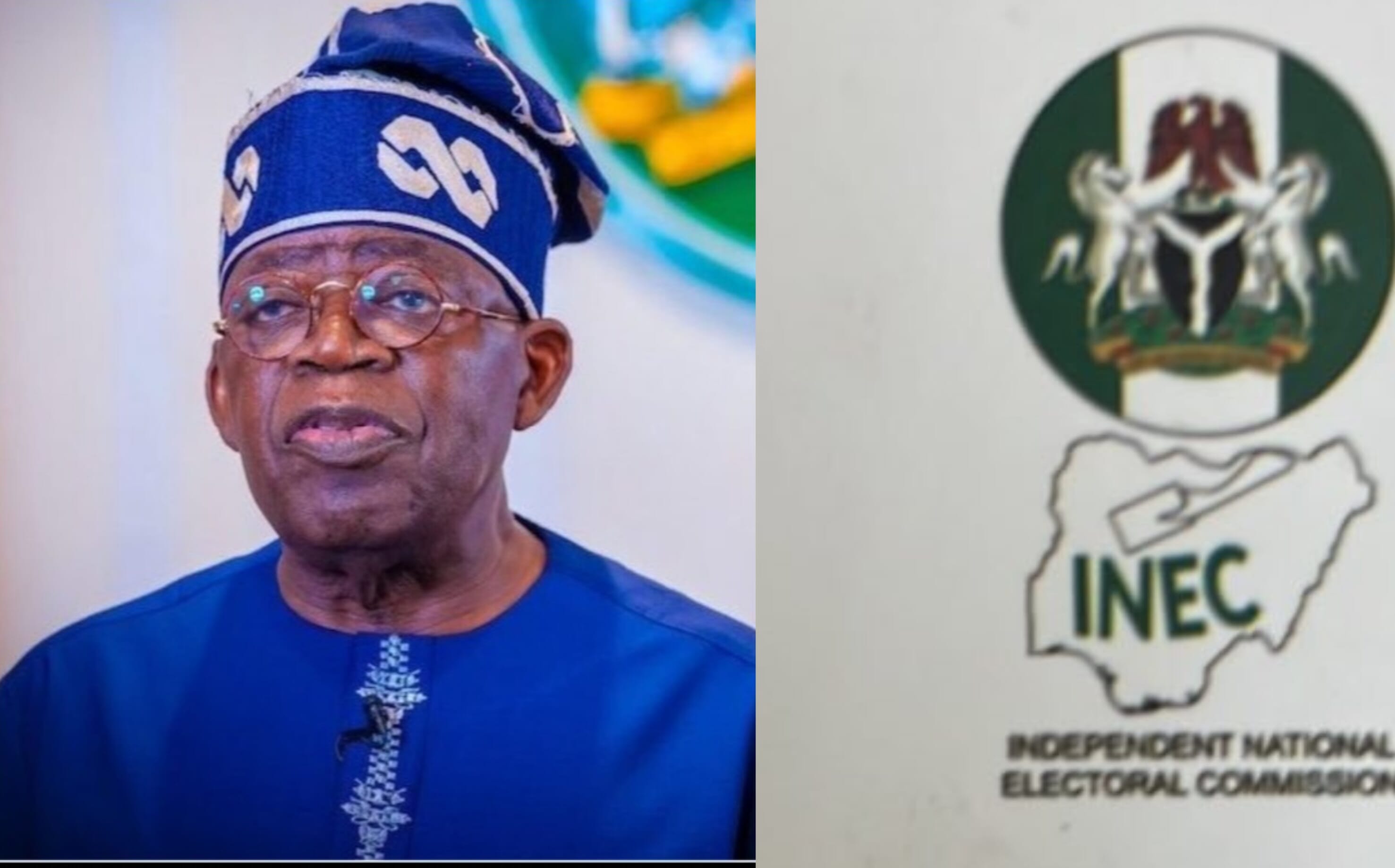In a significant development at the National Assembly, the Senate has reopened the office of Senator Natasha Akpoti-Uduaghan (PDP, Kogi Central), restoring her access to the premises. This move, announced on September 23, 2025, comes just ahead of the lawmakers' resumption on October 7, signaling a potential end to a contentious six-month suspension that barred her from Senate activities, salaries, and entry to the complex. The unsealing of her office in Room 205 of the Senate wing marks a pivotal moment in Nigerian politics, highlighting ongoing tensions within the upper chamber.
The saga began in February 2025, rooted in a seemingly minor issue: seat reallocation in the Senate plenary. On February 20, Senator Akpoti-Uduaghan arrived to find her assigned seat changed without prior notice. As a ranking senator, she protested the relocation, viewing it as a demotion and an affront to her status. The seat adjustment was ordered by the Senate Committee on Senate Services, chaired by Senator Sunday Karimi, but it quickly escalated into a public confrontation.
During the session, Akpoti-Uduaghan attempted to address the chamber from her original seat, defying the new arrangement. Senate President Godswill Akpabio intervened, upholding the committee's decision and denying her the floor. This led to a heated exchange, where Akpoti-Uduaghan accused Akpabio of bias and improper conduct. The incident echoed earlier verbal spats between the two, including a 2024 episode where Akpabio controversially remarked that she should not speak "as if in a nightclub," which drew widespread criticism for being sexist and unprofessional.
The fallout intensified when Akpoti-Uduaghan filed a formal petition against Akpabio, alleging sexual harassment and misconduct. She claimed the seat reallocation was retaliatory, stemming from her refusal to yield to undue influences. This accusation sent shockwaves through the political landscape, with women's rights groups and opposition figures rallying in her support. However, the Senate swiftly moved to suspend her on March 6, 2025, for six months, citing "gross misconduct" and violations of Senate Standing Rules. The official reasons included speaking without permission, refusing her new seat, and bringing disrepute to the Senate though many observers linked it directly to her harassment claims against the president.
The Senate insisted the suspension was unrelated to the sexual harassment allegations, emphasizing procedural infractions. Despite this, the timing raised eyebrows: her petition was filed shortly before the suspension vote. Akpoti-Uduaghan's allies, including the Socio-Economic Rights and Accountability Project (SERAP), condemned the action as unlawful and demanded its rescission, threatening legal action. They argued it stifled dissent and protected powerful figures from accountability.
As part of the suspension, Akpoti-Uduaghan's office was sealed, and she was denied access to the National Assembly complex. This lockout not only halted her legislative duties but also impacted her constituents in Kogi Central, who relied on her for representation on issues like infrastructure, women's empowerment, and economic development. During her absence, committees she chaired or participated in, such as the NGO Committee, were left in limbo, delaying key initiatives.
Akpoti-Uduaghan did not take the suspension lying down. She reported the matter to international bodies and pursued legal avenues, including a case against Akpabio. In July 2025, she attempted an early resumption, storming the Assembly gates but was denied entry by security operatives, citing the ongoing ban. This incident fueled public outrage, with protests and social media campaigns demanding her reinstatement. Supporters highlighted her track record as a vocal advocate for gender equality and anti-corruption, portraying the suspension as a gendered attack in a male-dominated institution.
The core issue with Senate President Akpabio revolves around power dynamics and perceived favoritism. Akpoti-Uduaghan, a first-term senator elected in 2023 after a contentious court battle, has often clashed with the leadership. Her outspoken nature, honed from her background as a lawyer and entrepreneur, contrasts with the Senate's traditional hierarchies. The seat reallocation was seen by her as symbolic of broader marginalization; relegating her from a front-row position to the back, which she argued diminished her influence.
Critics of Akpabio point to a pattern of controversial remarks and decisions. The "nightclub" comment from 2024 had already strained relations, prompting apologies but lingering resentment. The 2025 harassment accusation escalated this, with Akpoti-Uduaghan claiming inappropriate advances and retaliatory actions. While Akpabio denied these, the Senate's quick suspension vote—passed amid heated debates—suggested a protective stance toward its leader.
As the suspension neared its end in September 2025, tensions persisted. On September 8, Akpoti-Uduaghan declared her intent to resume, but the Senate initially insisted the ban stood, citing unresolved matters. Security blocked her again on September 10, leading to more drama. However, behind-the-scenes negotiations, possibly influenced by public pressure and legal threats, led to the breakthrough on September 23.
The reopening of her office is a pragmatic step, allowing her to prepare for the October 7 resumption. Sources indicate a Senate leadership meeting on Monday paved the way, with discussions on full reinstatement. This could include restoring her salaries and committee roles, though no official confirmation has been made yet.
The National Assembly's decision reflects a desire to move past the controversy, focusing on legislative priorities amid economic challenges. Yet, the scars remain, reminding us of the fragile balance between authority and accountability in governance.
For Akpoti-Uduaghan, this marks a resilient comeback. Known for her philanthropy and business acumen in the steel sector, she entered politics to drive change in Kogi State. Her suspension tested her resolve, but her persistence has earned admiration. As she regains access, eyes are on how she navigates future interactions with Akpabio and the chamber.
Read More
- Nigerian Soldier Faces Death Penalty for Brutal Murder of Tricycle Rider
- How the FG’s Introduction of Chinese Mandarin into Secondary Schools is Shaping a Generation of Global Nigerians
- Anti-EndSARS Critic Buhun Barkonun Dies in Abuja Hotel During Sex Marathon
- Notorious IPOB/ESN Commander ‘Gentle De Yahoo’ Captured in Imo

 Does President Tinubu Have the Constitutional Right to Appoint a New INEC Chairman?
Does President Tinubu Have the Constitutional Right to Appoint a New INEC Chairman?